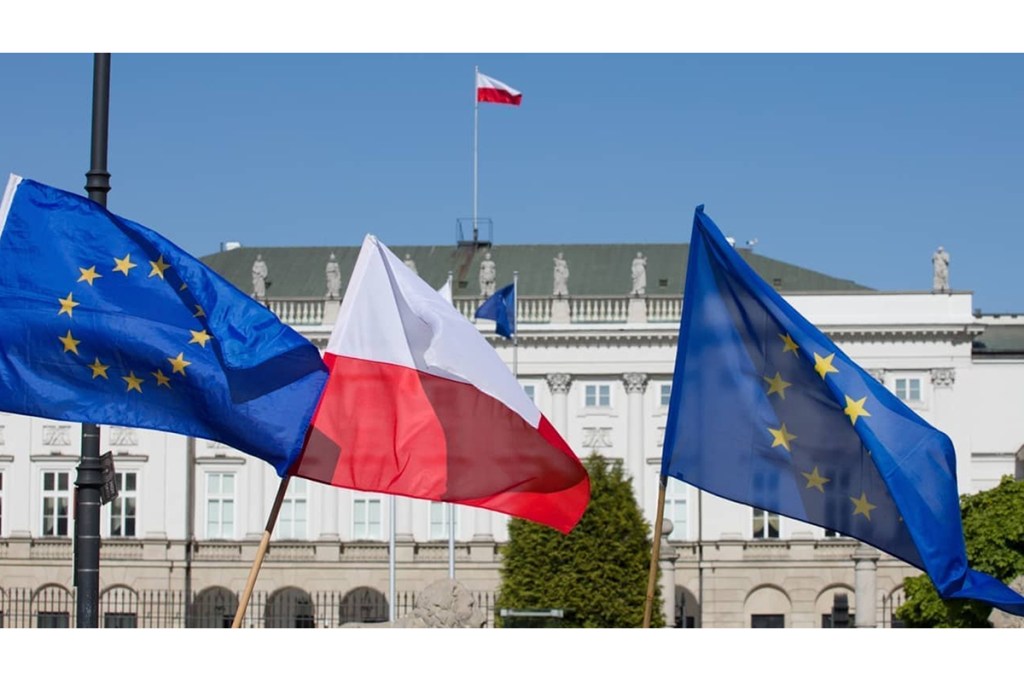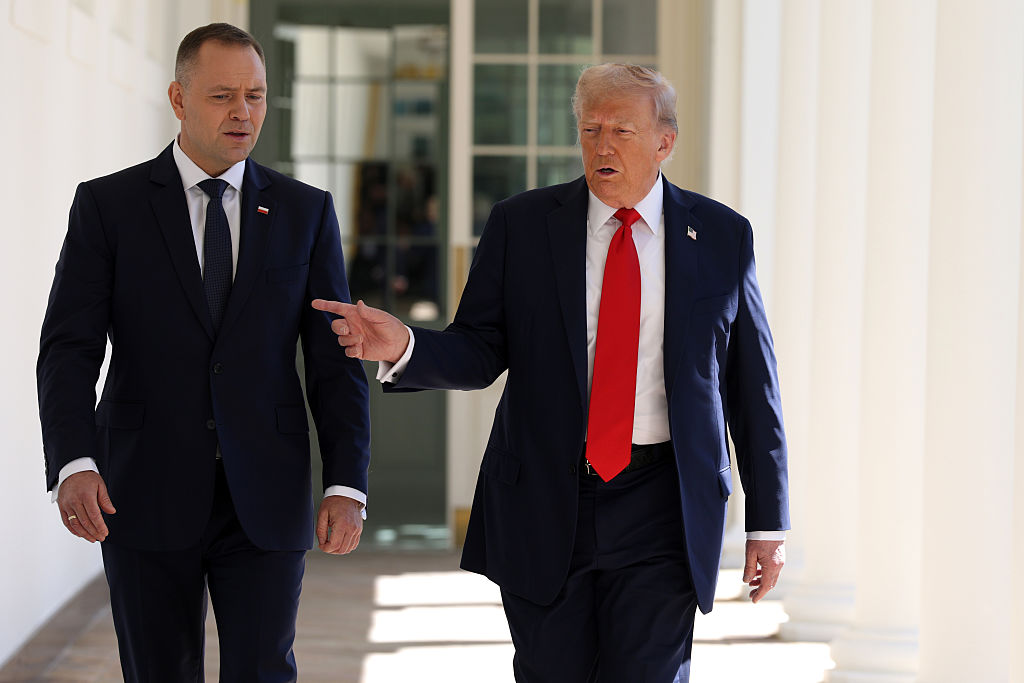Until Wednesday, it was possible to imagine that there would be a political solution to the standoff between the EU and Poland. Poland would reform the disciplinary chamber for its judges, and the EU would be satisfied that its principal grievance had been addressed.
The Polish government had already promised to reform its disciplinary chamber, but it was unable to set a binding timetable, as it relies for its majority on United Poland (UP), a small, deeply anti-European party. Zbigniew Ziobro, the leader of UP, is also justice minister.
The EU used to be quite adept at handling political impasses like this one, through diplomacy rather than full confrontation. But this time is different. The European Court of Justice on Wednesday rejected Poland’s appeal against a €1 million-a-day fine imposed by the Commission. This ruling will make a climbdown by the Polish government much more difficult. There is no majority in Poland for a Polexit. But there is a scenario in which Poland’s exit from the EU might happen, in the same way that it was possible to see Brexit might be possible in 2015, when most thought it was highly unlikely.
If Polexit happens, then Wednesday’s CJEU ruling will come to be regarded as the moment of no return: the moment when the diplomatic solution to this conflict died.
“…in accordance with the court’s settled case-law, the principle of the primacy of EU law establishes the pre-eminence of EU law over the law of the member states. That principle therefore requires all member state bodies to give full effect to the various EU provisions.”
As an aside, it is interesting that this ruling refers to case law, not treaty law. The primacy of EU law over national law is not stated explicitly in the treaties.
The €1 million a day fine is unprecedented, in size and in scope. As of today, the running total is around €20 million. If Poland refuses to pay, the EU will withhold corresponding budget appropriations to enforce the ruling. In the meantime, the clock is ticking. The total sum is still small though compared to the EU recovery fund money available to Poland, which includes €24 billion in grants plus a further €12 billion in loans. It is unlikely that the EU will try to withhold those funds as well.
It is interesting, and somewhat worrying though, that Mateusz Morawiecki, the Polish prime minister, refused to respond to Wednesday’s court decision. The only, predictably outraged, comment we heard was from a junior justice minister. The government s now likely to work on a joint response.
This could fortify Poland’s judicial and political exceptionalism. It would also not be surprising if Poland considered vetoing EU policy areas where this is still possible. The ruling will also strengthen the Visegrad group, especially Poland’s alliance with Viktor Orbán. It is possible, of course, that both Poland’s Law and Justice and Orban’s Fidesz are defeated at the elections in 2023 and 2022. But that is not a bet the EU should carelessly make. There may not be a majority in favor of Polexit, but this financial fine, if perceived as unfair, might change how people perceive the EU. It would not be the first time that the EU misjudged the politics of a member state.
Reinhard Buetigkofer, a Green MEP, warned the EU this week not to be too confrontational with Poland. He argued that its government had legitimate grievances about the EU, and especially about how France and Germany used their leadership roles in the bloc without considering Poland’s interests. As examples, he cited the Nord Stream 2 pipeline, and the failed attempt by Angela Merkel and Emmanuel Macron to invite Vladimir Putin to a recent summit.
One suspects that the EU’s high approval ratings in Poland are to a large extent a product of financial flows. EU membership has helped put Poland’s economy on a strong economic growth trajectory since its accession in 2004. But if these flows stop, the EU’s popularity in Poland may well drop as well.
This article was first published in the EuroIntelligence morning briefing.

























